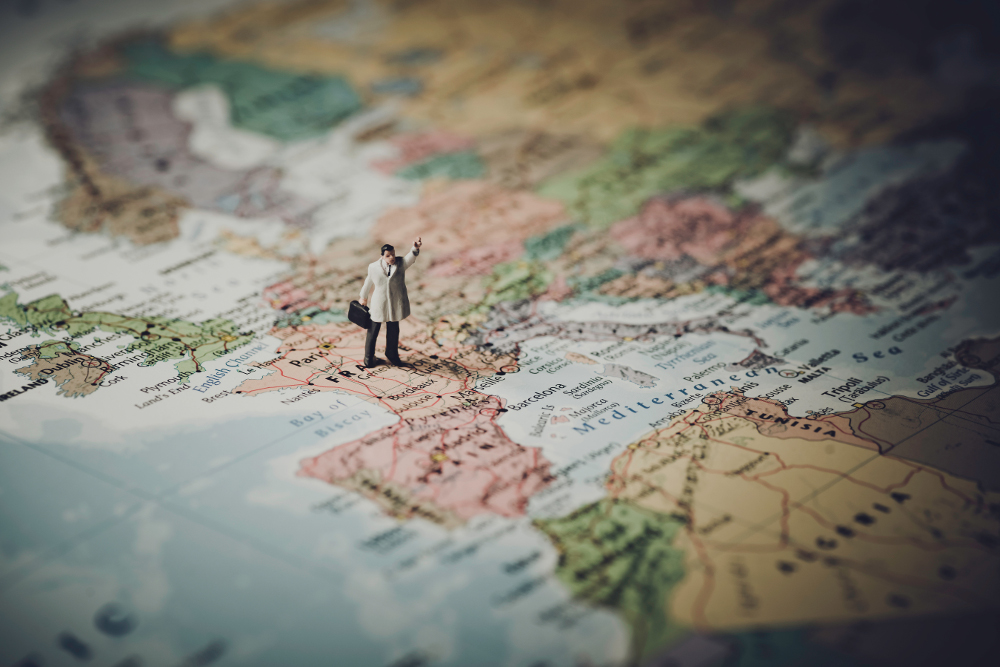Students of political Science will learn about a wide variety of subjects. These include the social, economic, and political structure of contemporary societies. They also examine a society’s historical development and consider ways in which a political and social organisation can be improved.
Like most Arts subjects, Political Science, International Relations, and European Studies are not vocational courses. Sadly, you won’t graduate as a fully-fledged politician or diplomat! However, they provide a broad understanding of the way the world works. As a result, graduates can go on to successful careers in a number of sectors.
Political Science Education
Third-level students usually study Politics alongside another subject. Popular choices are Economics, Law, History, or Philosophy. International Relations can be studied as a subject in its own right at DCU, or with Politics at UCD or UL.
Political Science students study different forms of government. They look at the development of political ideas such as democracy, freedom, and equality. Other subjects on a third-level Politics courses include the Irish Political System, EU Policy, and Globalisation.
Students choosing International Relations take subjects in Language, Culture & International Communication, Ideology, Public International Law, and International Governance. They also study a foreign language such as French or German.
European Studies is a broad topic. It examines Europe’s of history, economy, politics, law, and society. Students must learn a foreign language. They bolster their proficiency by a study abroad period at a partner university. IT Tallaght, NUI Maynooth, Trinity College, and UL offer degree programmes.
The Work
Students gain analytical skills and general knowledge. As a result, they can work in many different areas. These include public administration, business, political research and media, as well as NGOs, charities, and education.
Political researchers provide politicians and political parties with information on a variety of political, economic, and social issues. They also study research reports, press and journal articles, and legal documents. Researchers write speeches and articles, conduct and analyse opinion polls, in addition to dealing with requests for information from the public and the media.
Graduates may find work for a national or international organisation, charity or lobby group (e. g. Greenpeace, Oxfam, or Goal). These highly desirable positions often require the additional experience that is gained from volunteering and travelling, as well as a third-level qualification. Administrators working for NGOs typically have wide-ranging responsibilities, including the lobbying of governments, alerting the media to issues, fundraising, and delivering aid to crisis-hit areas.
Did you know?
Pakistan, India, and Bangladesh contribute the largest number of peacekeeping troops to the United Nations.
Further Resources












Comments